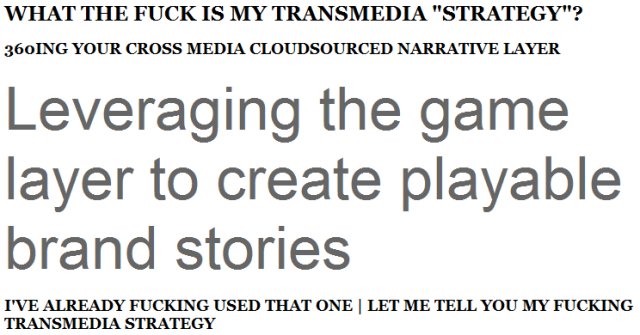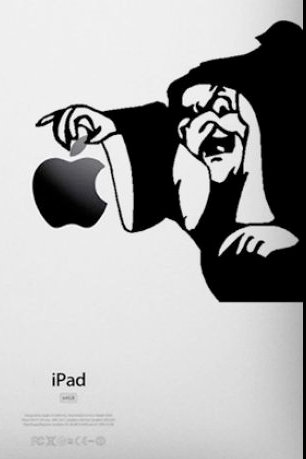Organic wine, in theory, should be better quality than non-organic wine because the lack of pesticides requires much more manual labour in the vineyard to produce useful grapes. If you have to put in all that extra effort just to get sufficient grapes at harvest, it’s prudent to treat the resulting wine with care and further attention (otherwise, you’re wasting all that effort up front to grow the grapes in the first place). But, after all that (at least in California), don’t put the word organic on the label:
“You’ve heard of the French paradox?” quipped Delmas, associate professor of management at UCLA’s Institute of the Environment and the UCLA Anderson School of Management. “Well, this is the American version. You’d expect anything with an eco-label to command a higher price, but that’s just not the case with California wine.”
[. . .]
So long as they didn’t carry eco-labels, these wines commanded a 13-percent higher price than conventionally produced wines of the same varietal, appellation and year. Their ratings on Wine Specator’s 100-point scale, in which wines tend to range between the mid-50s and high 90s, were also higher. Wines made from organically grown grapes averaged one point higher than their conventionally produced counterparts.
While the higher Wine Spectator scores still prevailed when producers slapped eco-labels on their bottles, the financial rewards for going to the trouble of making certified wine evaporated. The “made from organically grown grapes” label not only wiped out the price premium for using certified grapes but actually drove prices 7 percent below those for conventionally produced wines, the researchers found.
[. . .]
“Organic wine earned its bad reputation in the ’70s and ’80s,” Grant said. “Considered ‘hippie wine,’ it tended to turn to vinegar more quickly than non-organic wine. This negative association still lingers.”
Even today, the absence of sulfites reduces the shelf-life of organic wines, making them less stable, the researchers said.
I’m afraid my experience of “organic” wine is similar: the ones I’ve tried haven’t been very good, mostly due to rapid aging (the wine was already well past its best when others from the same region/same vintage were still improving). I certainly don’t pay extra if I notice an “organic” label, and I’m likely to avoid such a wine in favour of a non-organic option where possible.





